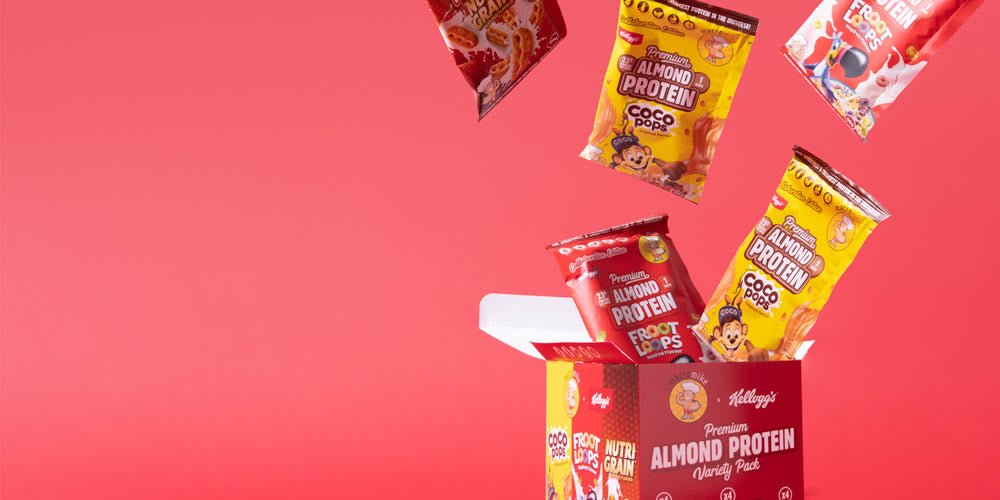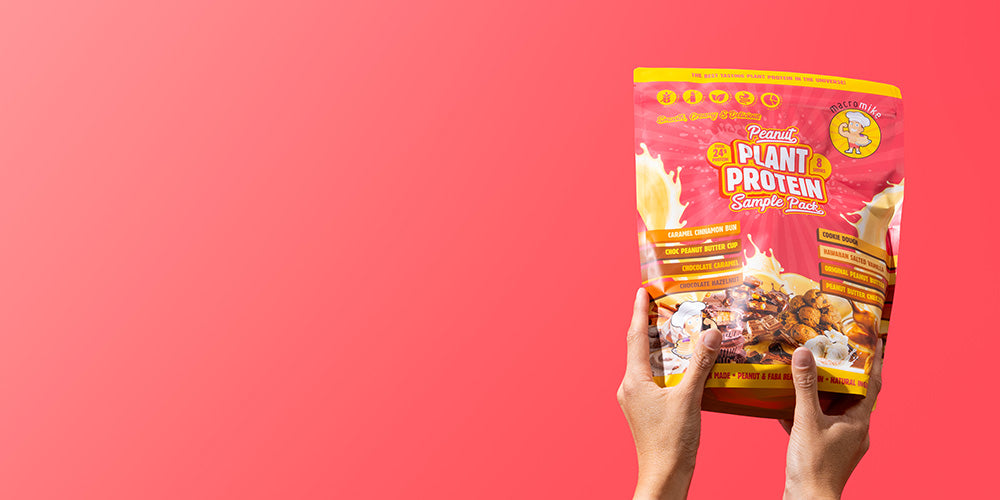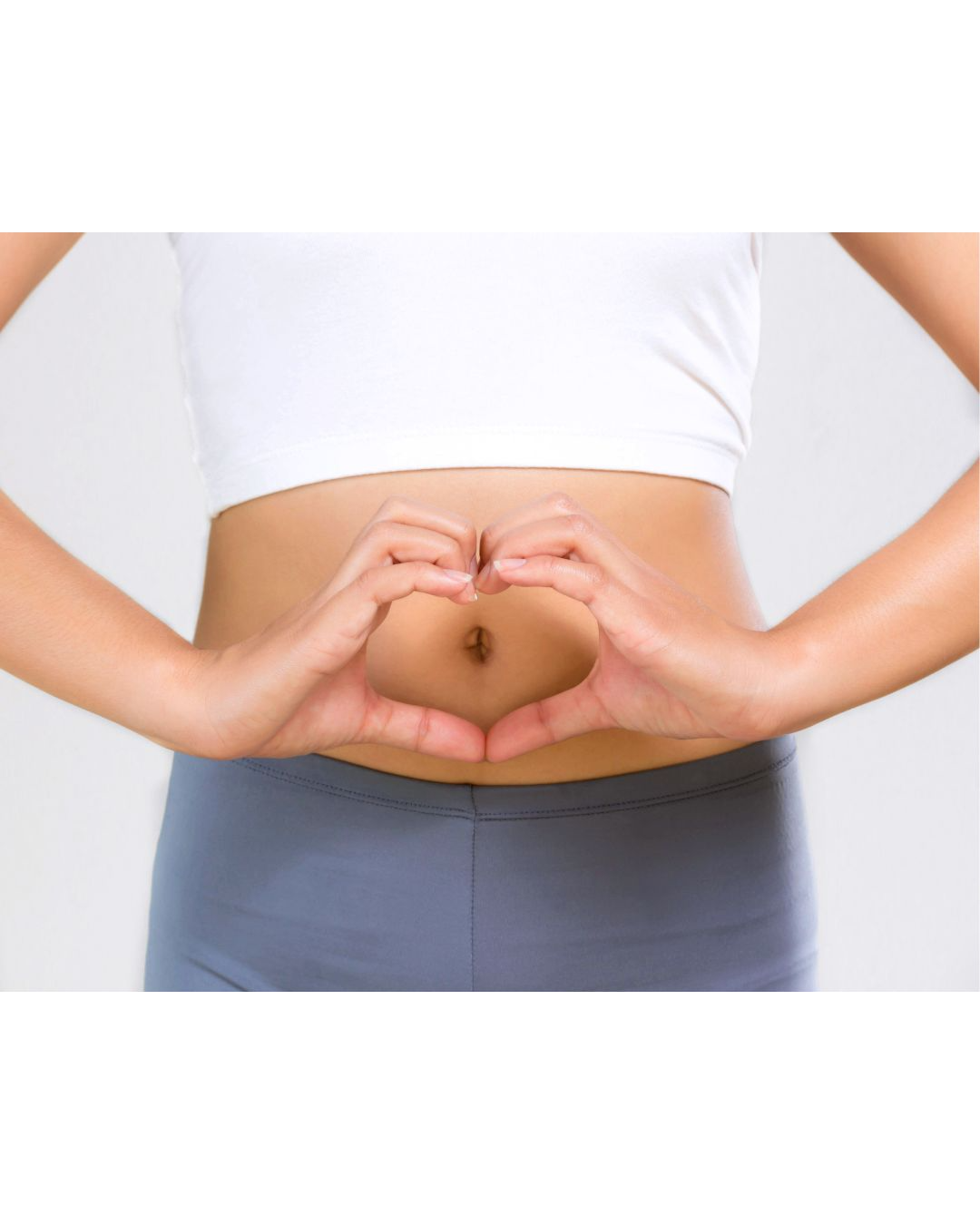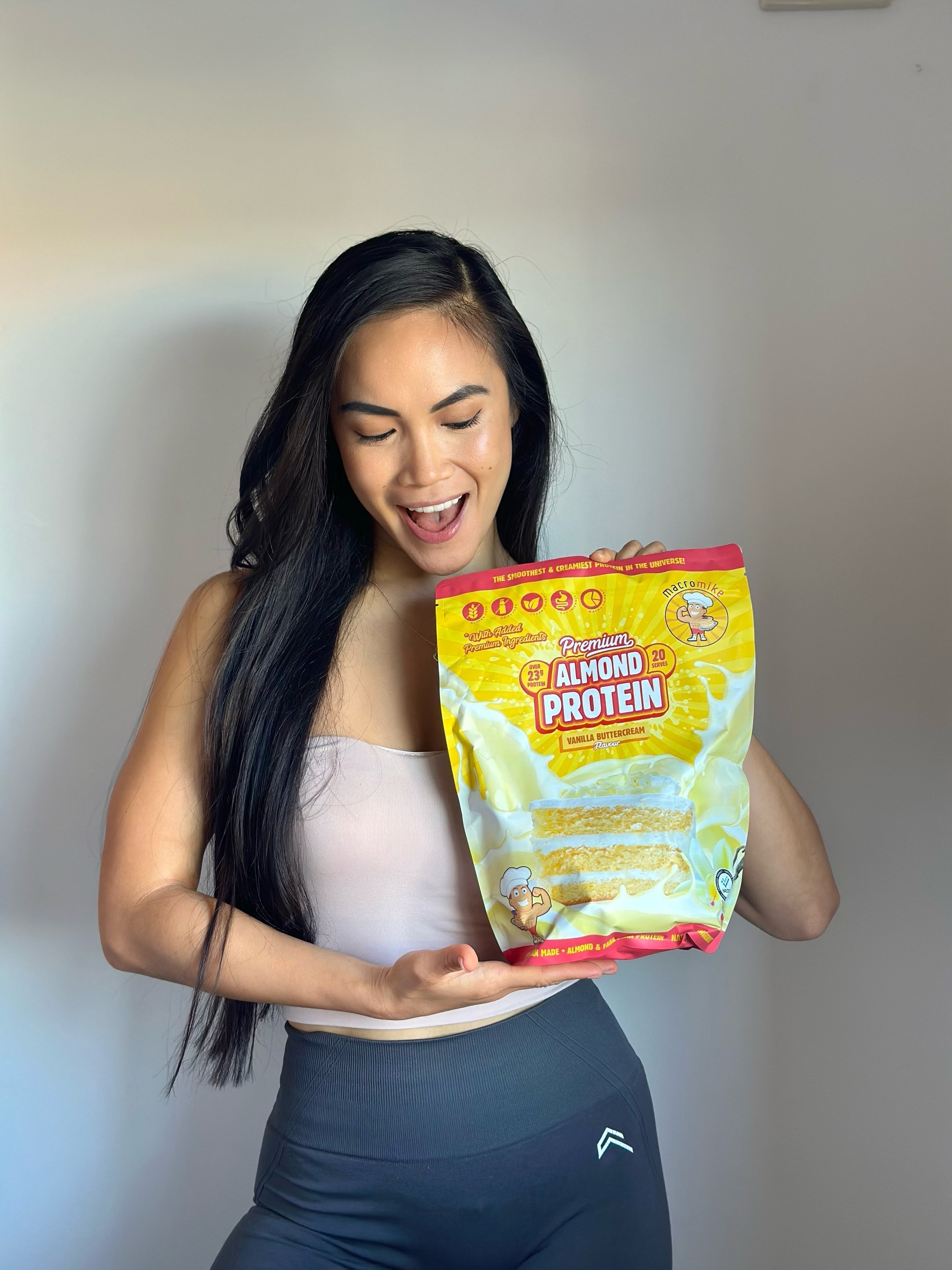Blog written by Dietitian & Nutritionist Helena
There’s a lot of buzz around cycle syncing and nutrition, but what does the research actually say? Should you be eating differently at different times of the month?
The short answer: it depends. If you feel great all month, there’s no need to overthink it. However, if you struggle with energy dips, cravings, bloating, or digestion changes, adjusting your diet slightly may be worthwhile.
It’s also worth noting that good nutrition fundamentals don’t change dramatically throughout your cycle. There is a bit of an overlap and repetition in the strategies I’ve suggested here in different phases of your cycle. The key is just fine-tuning your approach based on how you feel.
Recent systematic reviews on menstrual cycle and performance suggest:
✔️ Performance is slightly lower in the early follicular phase for some women, but overall effects are minimal and highly individual.
✔️ Strength and endurance may be highest around ovulation, though the research remains inconsistent.
✔️ Perceived effort and fatigue fluctuate across the cycle, meaning some women may feel stronger or weaker at different times.
✔️ A personalised approach is key—tracking your own cycle and symptoms can help you tailor nutrition and training to what works best for you.
YOUR MENSTRUAL CYCLE AND KEY HORMONES
🩸 MENSTRUAL PHASE (DAYS 1-5) – NOURISH & REPLENISH
Hormonal Shifts:
- Oestrogen & progesterone are at their lowest.
- You may feel fatigued, experience sluggish digestion, and crave carbs due to a drop in insulin sensitivity and increase in hunger hormones.
How to Eat:
✔️ Support your gut: Oestrogen influences gut bacteria, so when levels drop, digestion can slow down. Eating prebiotic-rich foods (onion, garlic, lentils, oats, cashews) may help restore gut health. (If you have gut sensitivities, adjust accordingly!)
✔️ Prevent constipation naturally: Two kiwi fruit per day has been shown to help regulate bowel movements due to its unique fibre and enzyme content.
✔️ Manage appetite fluctuations: If you’re extra hungry, focus on high-volume, protein-rich meals. For example, instead of plain toast for breakfast, have something more nourishing like toast with an omelette, or these caramelised banana bread baked oats to really hit the spot and stay fuller for longer.
✔️ Balance blood sugar: Choose low-GI carbs (e.g. quinoa over white rice, multigrain over white bread) and pair them with protein and healthy fats. Adding protein powder to your oats, smoothies, weetbix and baked goods is an easy way to do this.
✔️ Hydration & movement: Drinking enough fluid and light movement like walking or stretching can help prevent bloating and constipation.
✔️ Plan for treats: If you’re craving chocolate, there’s nothing wrong with eating the real thing! But planning for it—rather than restricting and then bingeing—can help you feel more in control.
🌱 FOLLICULAR PHASE (DAYS 6-14) – ENERGY & GUT HEALTH BOOST
Hormonal Shifts:
- Oestrogen starts rising, increasing energy, motivation, and digestion efficiency.
- Gut health improves as oestrogen supports good bacteria growth and helps protect against harmful bacteria.
- Better insulin sensitivity means your body handles carbs more efficiently.
How to Eat:
✔️ Fuel for intense workouts: Take advantage of high energy levels and push yourself a little more in the gym. The key to getting the best results is prioritising carbs before exercise (e.g. toast with jam) and protein + carbs post-workout (e.g. a banana protein smoothie).
✔️ Maximise nutrient intake: If you’re feeling good, this is a great time to focus on whole, balanced meals. Aim for ¼ plate veggies, ¼ plate wholegrain carbs, ¼ plate lean protein, and 1-2 tbsp healthy fats.
✔️ Diversify your diet: Since gut health is at its best, increase plant variety to build a resilient microbiome. Aim for 30 different types of plants per week (fruits, vegetables, nuts, seeds, wholegrains)
✔️ Boost probiotics: Try foods like kimchi, sauerkraut, or yoghurt with live cultures to support healthy gut bacteria.
🔥 OVULATORY PHASE (DAYS 15-17) – POTENTIAL STRENGTH & PERFORMANCE PEAK
Hormonal Shifts:
- Oestrogen peaks, which may enhance strength, endurance, and recovery.
- Progesterone starts rising, which can slow digestion and contribute to bloating, water retention, or irregular bowel movements.
How to Eat:
✔️ Support digestion & reduce bloating: Instead of restricting food, focus on hydration, kiwi fruit, psyllium husk, gentle movement (like yoga), mindfulness, and peppermint tea to ease discomfort and keep digestion regular.
✔️ Eat consistently to support gut function: Restricting food due to bloating can actually make symptoms worse by slowing digestion further. The body thrives on regular meals and snacks, which help stimulate digestive enzyme production and peristalsis (gut movement).
✔️ If strength & performance feel at their best, take advantage of it! Some women find this is their strongest phase—if so, see if you can hit a new PB in your workouts and be strategic with pre and post-workout fuel – use the same strategies above.
✔️ Don't forget creatine! A simple, evidence-based supplement to support strength and muscle gains, recovery and brain health. Note, you should take creatine every day, not just on workout days or certain times of your cycle. Check out our range here.
🌙 LUTEAL PHASE (DAYS 18-28) – MANAGING CRAVINGS & ENERGY DIPS
How to Eat:
✔️ Swap low-volume meals for satisfying, cosy options: If you’re constantly reaching for snacks, switching to higher-volume, nutrient-dense meals can help. Consider keeping a list of go-to favourites that feel easy, satisfying and comforting whilst ticking off key nutrients, for example: white choc raspberry ripple baked oats, pumpkin soup, veggie loaded pasta.
✔️ Balance satiation & energy: High-fibre, slow-digesting carbs, protein, and fats work together to support blood sugar stability, energy levels, and fullness—think sweet potato with salmon and avocado or quinoa bowls with tofu and tahini.
✔️ Factor in real soul foods: If you want chocolate, eat the real thing without guilt. A small planned portion can be more satisfying than avoiding it, only to binge later.
✔️ Keep digestion moving: Fluids + movement = better digestion! Staying hydrated and walking after meals can help prevent bloating and constipation.
💡 Need easy, high-protein meals and snacks to support your cycle? Check out our protein blends, baking mixes and delicious recipes to make eating well feel easy
Hi, I'm Helena! Dietitian, nutritionist and plant-forward eater providing tailored nutrition services to women navigating their gestational diabetes and postpartum journey.
Instagram: @nutrition.by.helena
Website: https://nutritionbyhelena.com/

































